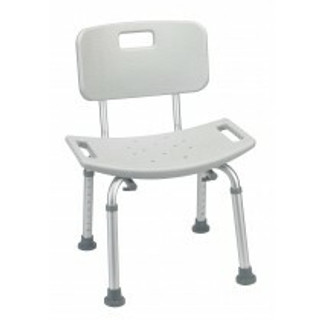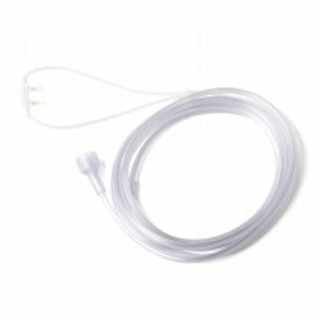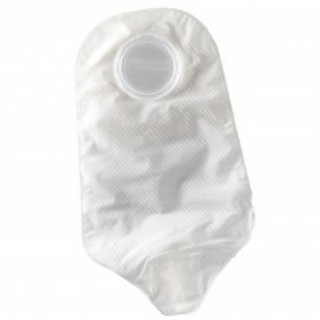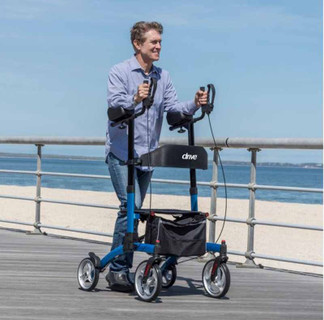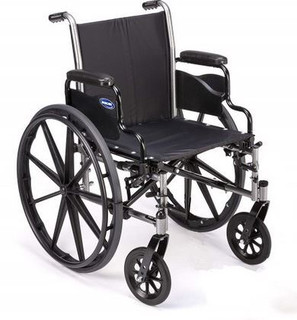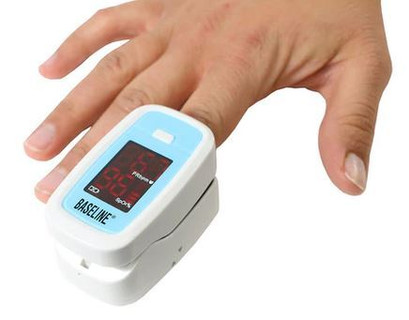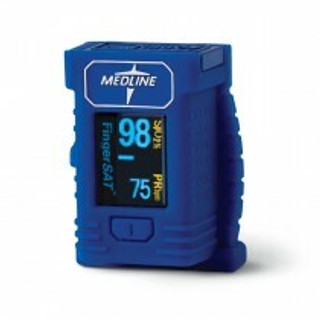How to Prevent Bed Sores: A Comprehensive Guide
Bedsores, also known as pressure ulcers, are injuries to the skin and underlying tissue caused by prolonged pressure on the skin. They commonly occur in individuals with limited mobility, such as those confined to beds or wheelchairs. Preventing bedsores is essential for maintaining skin health and overall well-being. Here’s a detailed guide on effective strategies to prevent bedsores.
1. Regular Position Changes
Frequent movement is one of the most effective ways to prevent pressure ulcers. Prolonged pressure restricts blood flow, which can lead to tissue damage.
- For Bedridden Individuals: Change positions every two hours.
- For Wheelchair Users: Shift weight every 15–30 minutes, or aim for a complete reposition every hour.
2. Use Support Surfaces
Specialized cushions and mattresses can help distribute weight evenly and reduce pressure on vulnerable areas.
- Mattresses: Opt for foam, gel, or air-filled mattresses designed to prevent bedsores.
- Cushions: Wheelchair users can use pressure-relief cushions to protect high-risk areas.
3. Maintain Skin Hygiene
Clean and dry skin is less likely to break down.
- Daily Cleansing: Use a gentle, pH-balanced cleanser and lukewarm water to clean the skin.
- Moisturize: Apply a suitable moisturizer to prevent dryness, but avoid over-moisturizing as it may lead to skin breakdown.
- Inspect Daily: Check the skin for redness, swelling, or early signs of sores, especially around bony areas like hips, heels, and elbows.
4. Optimize Nutrition and Hydration
Proper nutrition plays a vital role in skin health and recovery.
- Protein-Rich Diet: Include lean meats, eggs, nuts, and legumes to repair tissue.
- Vitamins and Minerals: Incorporate foods high in Vitamin C (citrus fruits, bell peppers) and zinc (pumpkin seeds, whole grains) to support healing.
- Stay Hydrated: Drink enough fluids to keep the skin supple and healthy.
5. Encourage Mobility
Encouraging any form of movement can significantly reduce the risk of bedsores.
- Physical Therapy: Work with a physical therapist to design exercises suited to the individual’s abilities.
- Range-of-Motion Exercises: These help improve circulation and prevent stiffness in immobile individuals.
6. Use Pressure-Relief Techniques
Employ methods to relieve pressure on vulnerable areas.
- Pillows and Wedges: Place them under bony areas to relieve pressure. For example, a pillow under the calves can lift the heels off the bed.
- Heel Protectors: Use padded boots or protectors to cushion the heels.
7. Manage Chronic Conditions
Certain conditions, like diabetes or vascular diseases, increase the risk of bedsores.
- Control Blood Sugar Levels: Diabetic patients should maintain optimal glucose levels to avoid skin complications.
- Improve Circulation: For individuals with poor blood flow, compression stockings or prescribed treatments can help.
8. Educate Caregivers
Proper training for caregivers can make a significant difference in prevention.
- Recognize Early Signs: Teach caregivers how to identify early symptoms like redness or tenderness.
- Follow Guidelines: Ensure they understand the importance of repositioning and proper skin care.
9. Avoid Friction and Shear
Minimize skin injury caused by dragging during repositioning.
- Lift, Don’t Drag: Use lift sheets or devices to move the individual rather than dragging them.
- Protective Dressings: Apply silicone or foam dressings to areas prone to friction.
10. Monitor and Treat Early Signs
Early intervention can prevent minor skin irritation from becoming a serious ulcer.
- Use Barrier Creams: Protect the skin from moisture, such as sweat or urine, to reduce irritation.
- Seek Medical Advice: Consult a healthcare provider if redness or sores don’t improve within a day or two.
Final Thoughts
Preventing bedsores requires a proactive approach involving regular movement, proper skin care, and attention to overall health. By combining these strategies, caregivers and individuals can significantly reduce the risk of pressure ulcers and improve quality of life. Always consult healthcare professionals for personalized advice and treatment plans.
Patient care is a number one priority at SafeWell Medical Supply. We have all the supplies necessary for prevention and care of bed sores and bed sore related issues.






